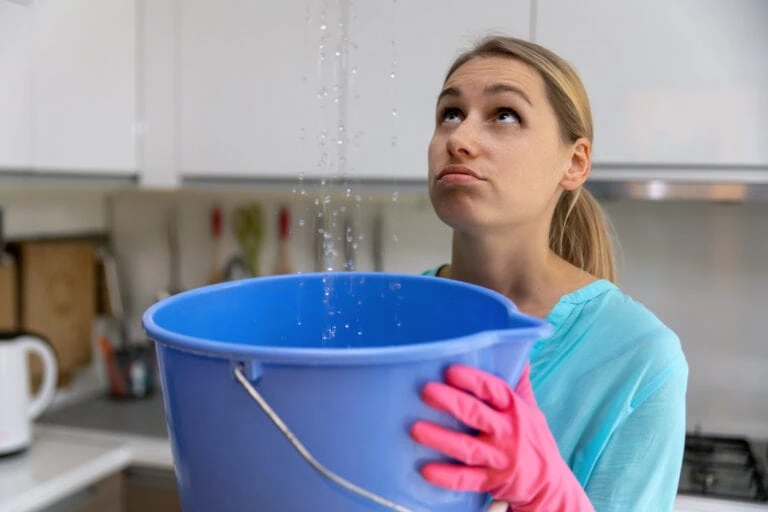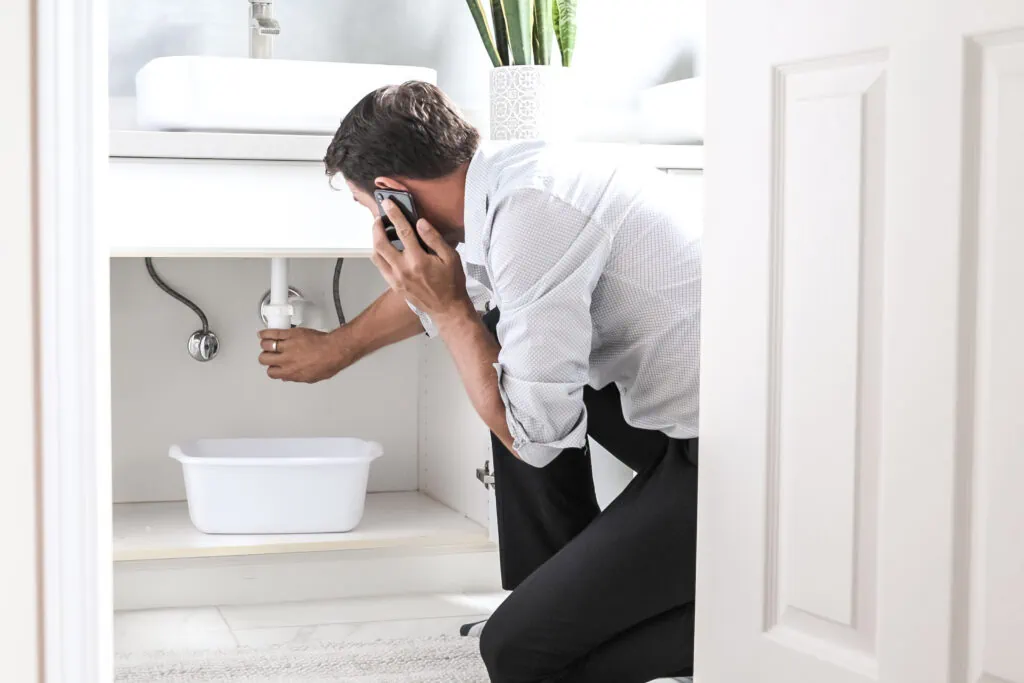Emergencies at home can take various forms, causing damage, expense, and endangering safety. Common issues may encompass electrical problems, plumbing woes, or even natural disasters. As a homeowner, being knowledgeable and prepared is essential for daily life.
Preparation plays a crucial role in reducing the severity of such events, offering much-needed peace of mind. With the proper knowledge and tools, tackling these difficult situations might be more manageable.
This article explores valuable insights into managing household emergencies. Grasping the dos and don’ts could improve your ability to prevent, mitigate, and resolve potential complications. Doing so makes it possible to create a safer, more harmonious living space for all.
Don’ts Of Managing Household Emergencies
Dealing with emergencies at home might create tension, but selecting the right approach is essential. Keep in mind that specific actions might not be safe or effective. Here are a few suggestions on what not to do:
- Don’t Take On Complex Repairs
Tackling repairs on your own can be difficult when faced with household emergencies. For example, a power surge from a lightning strike may cause a shower bulb to malfunction. Although it may appear simple to fix, some risks of DIY electrical work include exposure to high voltage and electric shock.
Relying on skilled professionals is advisable to ensure safety and a successful outcome.
- Don’t Panic
Panic may quickly set in a household emergency, but being anxious can only make things worse. It’s crucial to take a deep breath, stay calm, and focus on the next immediate step. By remaining organized, you’d be able to solve the problem without causing further damage to your home.
- Don’t Use Candles During Power Outages
Candles can provide light during power outages. But open flames can be dangerous, especially with children or pets nearby. Instead, use battery-operated lanterns or flashlights to light your surroundings. Doing so prevents possible fires and maintains safety for your family during blackouts.
- Don’t Enter Flooded Areas
When a home experiences flooding, the urge to dive in and assess damage may be vital. However, beware of hazards like live electrical wires or contaminated water, as they could cause electric shock. To ensure personal safety isn’t compromised, it’s advisable to let trained experts determine the extent of the damage.
- Don’t Leave Your Home Unsecured
In an emergency, you may need to vacate your home temporarily. During these situations, securing windows and doors can easily be overlooked. But failing to do so may leave the property susceptible to theft or vandalism.
Locking all possible entry points such as doors and windows is crucial before leaving. Consider taking valuables with you or storing them securely. This practice not only protects your valuable possessions but also discourages potential intruders.
Dos Of Managing Household Emergencies
Now that you know what to avoid, it’s time to learn actionable tips that you can control during emergencies:
- Prepare An Emergency Kit And CPR Skills
A proactive measure to ensure preparedness for any disaster is having a well-stocked emergency kit. Including essentials such as canned goods, water, batteries, and first-aid supplies guarantee readiness.
Apart from that, quick action can be critical during emergencies. Thus, learning cardiopulmonary resuscitation (CPR) can be a lifesaver. Consider attending a CPR class, as it provides knowledge for administering prompt care and preventing serious health complications.
- Maintain Easy Access To Crucial Documents
Effective household emergency control requires easy access to vital records. These documents include insurance coverage and emergency contacts like fire or police departments. Consolidating these in one location can facilitate communication with relevant authorities.
During the organization process, creating backups is also beneficial. For physical files, consider storing them in a fire-resistant, waterproof container. For digital versions, saving copies to cloud storage can be helpful. This approach ensures continued access, even if original documents are lost or damaged.
- Understand Your Home’s Layout
When moving into a new home, it’s crucial to familiarize yourself with the layout to ensure easy access to utilities. Locating water, gas, and electrical shut-off valves can prevent emergency damage.
It also helps to practice turning off these utilities, building confidence during urgent situations. For example, you could learn to stop water flow from a ruptured pipe or cut the gas supply when you suspect a leak. Nonetheless, seeking professional help and evacuating the area if safety is a concern is a wise choice.
- Document The Damage And File An Insurance Claim
When significant damage occurs at home, it’s essential to document it with photos and videos. This visual proof provides solid support for insurance claims. Contacting the insurance provider and sharing the documentation can expedite the claims process, allowing for faster assistance.
- Install Safety Devices
Investing in safety devices such as smoke detectors and fire extinguishers is brilliant. Consider choosing devices with alarms that send notifications to your phone for extra security. As you choose, opt for high-quality tools that adhere to safety standards for dependable performance.
Final Thoughts
Coping with domestic crises may require taking several crucial steps. Staying composed, valuing safety, and maintaining a stocked emergency kit are vital. It’s also prudent to avoid specific actions that might worsen the situation.
Taking these suggestions into account and preparing for unforeseen events can be invaluable. Adopting such practices may reduce potential harm and protect your home and family. After all, being ready is preferable to being caught off guard.




